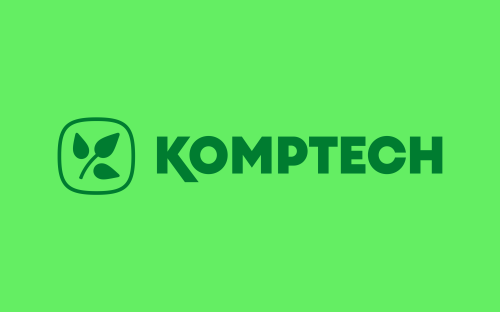Methane reduction & fertilization
To ensure an efficient and especially sustained operation, a Komptech delegation was on-site in Ghana: “Our people looked at the waste there, which has a very different composition from in Europe, and based on that we developed a special concept for mobile processing machines that could be used flexibly in Ghana”, says Komptech CEO Heinz Leitner.
“The specially assembled Komptech systems select the biogenic component out of the waste, compost it, and thus prevent it from fermenting and producing climate-damaging methane”, explains the responsible Sales Manager Markus Maierhofer. “Additionally, the resulting compost is being sold to the Ghanaian government, which uses the compost as fertilizer for parks and roadsides.”





